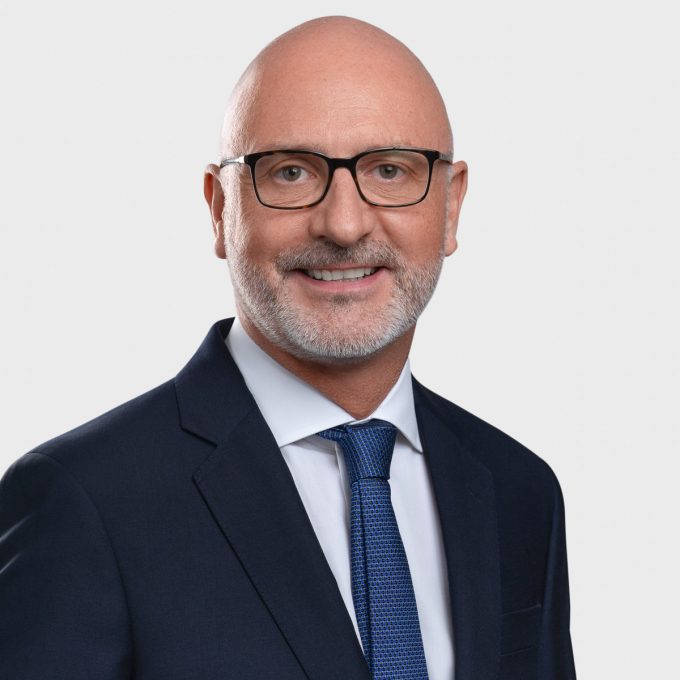An important part of building and maintaining long-lasting professional relationships with a network of clients and specialists is to keep abreast of the changing trends in client service.
Just as every family office is unique, every family member has their own views and objectives for the future of the family wealth. What I saw at the recent World Family Office Forum was clear evidence of the growing trend of next generation of high-net-worth family members who are themselves playing an active role in their family offices.
Anyone who has worked in private wealth management or for any large financial institution will have heard of the phrase “increased share of wallet”. This approach has become mantra at some institutions, driven by the conviction that they are uniquely positioned to provide all the services a client could possibly be looking for.
Increasingly, and particularly in the family office space, there is a reluctance to over-commit to a single provider and a growing conviction that there is real value in bringing these services in-house, supported where necessary, by relevant industry expertise. We see this in the investment space, in lending, in ESG as well as the fiduciary/inheritance planning offering. Family members and their offices want to be involved in the process, bring their own unique perspective to the table, contribute their expertise and consult external advisors where needed. This was what I took away from the forum in Montreux and it represented a distinctly different tone compared to most other events.
Many of the speakers were second, or third, generation family members who shared their experiences of taking on personal responsibility for roles in their family office. It was clear that these individuals had taken a rational approach in assessing what areas of the management of the family wealth they had both the capability, and the desire, to become involved in. Many were approaching the topic with a deep personal conviction, something that would be lost on most big institutions.
Given this, the challenge comes in finding a group of service providers capable of operating in an environment where roles and responsibilities may be split or shared. A flexible and responsive, rather than a proscriptive, rules-driven approach becomes key to a successful working relationship.
Many family members are looking for intermediaries who can add value to the family office, rather than take a slice of the pie on matters that the family could, potentially, handle themselves. Where the preceding generation of a family office may have relied solely on the opinions of their service provider, many wealth inheritors are seeking input from their own trusted advisors or are learning how to navigate their own wealth journeys for themselves.
For those who inherited wealth there is often a great sense of duty not only to preserve the family wealth, but also to contribute. The legacy that accompanies inherited fortune often brings with it a sharper sense of how the management of family wealth can be improved for the future. With great wealth comes great responsibility.
A unique advantage of an independent trustee is the autonomy to tailor services to meet the individual needs of each client. And the beauty of a well-designed wealth structuring solution such as a trust (or in some cases a Private Trust Company) is that it allows for the flexibility to cater to those needs. This means family members can be involved when they need to be while safe in the knowledge that the trustee will ensure that all aspects of the wealth structure are professionally managed.
In addition, independent trustees can often explore holding a far wider variety of asset classes for their clients, which usually results in a firm with experience in delivering a broad range of services and a greater depth of specialisation. Moreover these trustees also have the freedom to work in partnership with any intermediary of their choosing, and should have a network of experts, on which the trustee will have undertaken rigorous due diligence.
Ultimately, each family – and the individuals within that family – must decide what they are looking for, and how much control they are willing to relinquish. By appointing an independent trustee to administer the family office, a family is likely to benefit from a bespoke service offering, which allows individuals to take a greater – or lesser – role over time.











